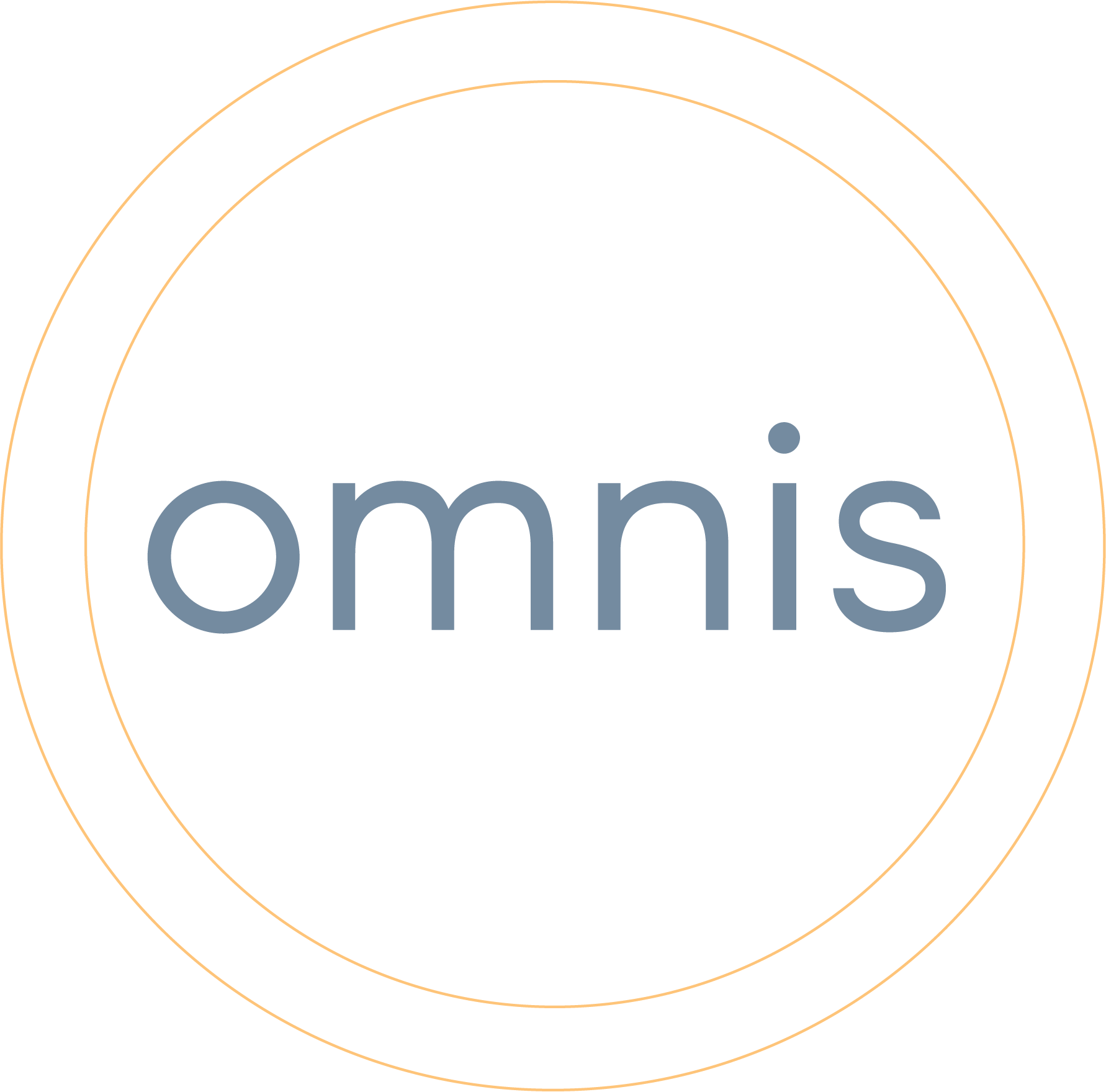Paid parental leave changes have now commenced
As from 1 July 2025, the amount of Paid Parental Leave available to families increased to 24 weeks, and the amount of Paid Parental Leave that parents can take off at the same time has also increased from two weeks to four weeks.
Superannuation will now also be paid on Government Paid Parental Leave from 1 July 2025, at the new super guarantee rate of 12%, paid as a contribution to their nominated superannuation fund.
Parents will also benefit from an increase in the weekly payment rate of Paid Parental Leave, increasing from $915.80 to $948.10 (in line with the increase to the National Minimum wage). This means a total increase of $775.20 over the 24-week entitlement.
ATO warns of common Division 7A errors
The ATO reminds shareholders of private companies that understanding how Division 7A of the tax legislation applies is crucial to avoiding costly tax consequences when accessing the company’s money or other benefits.
When Division 7A applies, the recipient of a payment, loan or other benefit can be deemed to have been paid an unfranked dividend that will be included in their assessable income.
While Division 7A can be complex, most errors the ATO sees that result in its application are simple in nature, including:
- shareholders not recognising that a company’s money is not their money, and they cannot access it for personal use without tax consequences;
- loans being made without complying loan agreements; and
- applying the wrong benchmark interest rate when calculating Division 7A loan repayments.
These errors are often the result of common myths about Division 7A and how it works.
To support taxpayers’ understanding of their tax obligations when managing private company money, the ATO has launched new content: ‘Division 7A Myths debunked‘ on its website.
This page debunks common myths about Division 7A, breaking them into topics such as ‘business structure’, ‘record keeping’, and ‘payments to other entities’.
Changes to tax return amendment period for business
Businesses with an annual aggregated turnover of less than $50 million now have up to four years from the date of their tax return assessment to request amendments (increased from two years). This applies to assessments for the 2024/25 and later income years.
If businesses make a mistake on a tax return and need to request an amendment, they should lodge their requests well before the end of the amendment period to make sure the ATO can process it within the time limit.
They should keep accurate and complete records to support their amendment request.
Omnis — More than Numbers
Business accounting is more than just numbers and deadlines. It’s about providing tailored insights, actionable guidance and clear communication that aligns with your business goals. At Omnis, we deliver proactive solutions that make sense for your unique needs, helping your business thrive beyond the numbers. Contact us in West Perth on 08 9380 3555.

